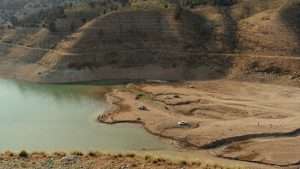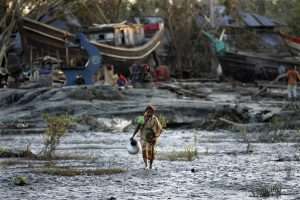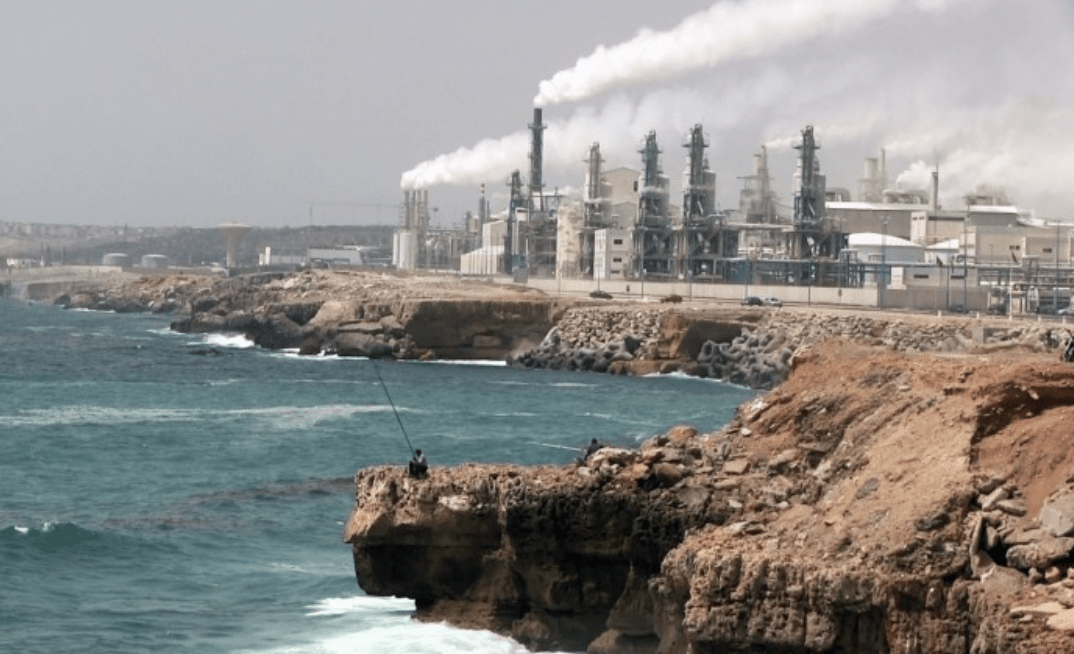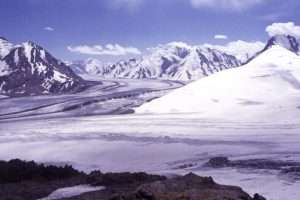Scientists race to save Tajikistan’s ice mountain archive
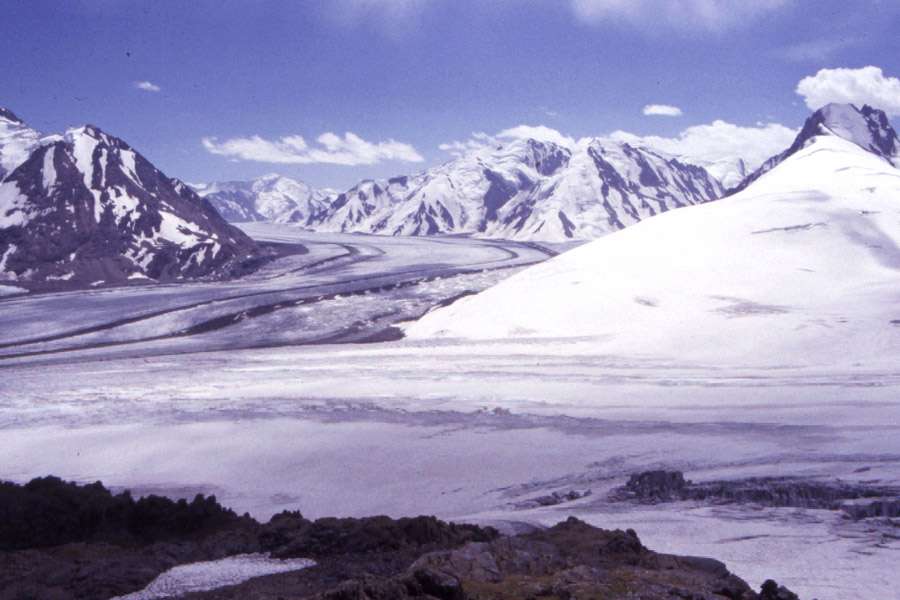
From https://www.advantour.com/tajikistan/nature/glaciers.htm
Scientists are rushing to extract deep ice cores from a glacier in the Pamir Mountains of Tajikistan before climate change destroys the natural archive contained within reported Africanews on 8 November.
For decades, mountain glaciers have stored invaluable records of Earth’s climate history. But in 2025, the state of glaciers is stark: “What we have observed over the years is that the glacier is slowing down, and this is a sign that there is less input of mass to the glacier from snowfall,” says Davide Fugazza, a researcher at the Department of Environmental Science and Policy at the University of Milan.
Since 2000, more than seven trillion tonnes of ice have been lost from mountain glaciers worldwide. The international expedition, led by the Swiss-funded PAMIR Project in partnership with Tajik researchers and other international institutions, is working at an altitude of 5,800 metres on the Kon Chukurbashi ice cap.
The team is drilling more than 100 metres into the glacier in an effort to pull out the first deep ice cores ever taken in that region. American scientist Evan Miles, from Portland, Oregon, has been leading the mission for the past four years, often contending with temperatures of -25 °C and fierce wind chill.
Ice cores act like tree rings or coral layers beneath the ocean and hold detailed information about rainfall, volcanic eruptions and other climate events over thousands of years.
“Very hot meaning above the melting point of ice … water can percolate into the firn … and therefore contaminate the climate signals,” warns Prof. Thomas F. Stocker, chair of the Ice Memory Foundation at the University of Bern.
That contamination risk is acute in the high-mountain environment of the Pamirs. As warming progresses, recent snow and ice layers become vulnerable to melt-water infiltration, which can blur or wipe out the archived signals. The glacier being drilled also plays a critical role in downstream water systems and could influence monsoon patterns in the Indian subcontinent.
With this window of opportunity closing fast, researchers say urgency paramount. They hope the samples recovered will provide a rare and long term climate record from one of the world’s most data scarce, polar and high altitude regions. Without it, vital clues to past climate variability and potential future changes may be lost forever.
Africanews, Maghrebi.org
Want to chase the pulse of North Africa?
Subscribe to receive our FREE weekly PDF magazine




